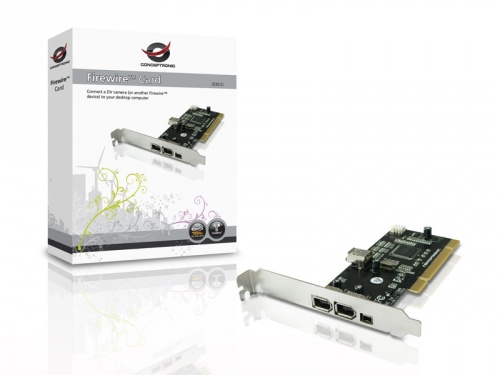
Jul 4, 2017 - 2023 by Talking Business. Proudly created with Wix.com. Grey Google+ Icon Grey Twitter Icon. Grey LinkedIn Icon. Grey Facebook Icon. IAR Embedded Workbench is a high-performance C/C++ compiler and debugger tool suite for applications based on 8-, 16-, and 32-bit microcontrollers, including virtually the entire range of.
Hint: Use the tree menu to navigate groups of related pages FreeRTOS for the Renesas RL78 MCU Using the [] Renesas RL78 promotion and starter kits This page documents an application that demonstrates the use of FreeRTOS on a. The demo includes five separate build configurations, one for each of the following device evaluation boards: • YRPBRL78G13 - Renesas RL78/G13 promotion board • YRDKRL78G14 - Renesas RL78/G14 development board • RSKRL78G1C - Renesas RL78/G1C starter kit • RSKRL78L13 - Renesas RL78/L13 starter kit • RL78/G1A TB - Renesas RL78/G1A target board Note: The project described on this page requires IAR Embedded Workbench for the RL78 (EWRL78) version 1.30.2 or higher. A free evaluation edition of EWRL78 is. If this project fails to build then it is likely the version of IAR Embedded Workbench being used is too old.
Opening an IAR project in a version of EWRL78 that is older than the version used to create the project will often (silently) corrupt the project file, necessitating that a clean copy of the project is restored from the FreeRTOS zip file download before proceeding with an updated compiler. Notes on using the Renesas RL78 RTOS port Please read all the following points before using this RTOS port. • • • See also the FAQ The FreeRTOS download contains the source code for all the FreeRTOS ports, so contains many more files than used by this demo. See the section for a description of the downloaded files and information on creating a new project.
The IAR Embedded Workbench workspace for the Renesas RL78 project is called RTOSDemo.eww, and is located in the FreeRTOS Demo RL78_multiple_IAR directory. Demo application hardware setup The demo application makes use of an LED that is mounted directly onto each of the supported hardware platforms. No hardware setup is required.
Functionality mainCREATE_SIMPLE_BLINKY_DEMO_ONLY is #define'ed in main.c. Jai maa vaishno devi songs. If mainCREATE_SIMPLE_BLINKY_DEMO_ONLY is set to 1 then main() will call main_blinky(), which creates a simple 'blinky' style demo. If mainCREATE_SIMPLE_BLINKY_DEMO_ONLY is set to 0 then main() will call main_full() which creates a more comprehensive demo. Functionality when mainCREATE_SIMPLE_BLINKY_DEMO_ONLY is set to 1 main_blinky() creates one queue, and two tasks before starting the RTOS scheduler.
In the past I often wouldn't even get the device node showing up in the Device manager tree ('IEEE 1394 Bus host controllers'). 
• The Queue Send Task: The queue send task is implemented by the prvQueueSendTask() function in main_blinky.c. PrvQueueSendTask() sits in a loop that causes it to repeatedly block for 200 milliseconds, before sending the value 100 to the queue that was created within main_blinky(). Once the value is sent, the task loops back around to block for another 200 milliseconds, and so on. • The Queue Receive Task: The queue receive task is implemented by the prvQueueReceiveTask() function in main_blinky.c. PrvQueueReceiveTask() sits in a loop where it repeatedly blocks on attempts to read data from the queue that was created within main_blinky(), toggling an LED each time the value 100 is received.
The queue receive task will only leave the Blocked state when the queue send task writes to the queue. As the queue send task writes to the queue every 200 milliseconds, the queue receive task leaves the Blocked state and toggles the LED every 200 milliseconds. Functionality when mainCREATE_SIMPLE_BLINKY_DEMO_ONLY is set to 0 main_full() creates 13 tasks, 4 queues, and 2 software timers. Many of the tasks are from the set of standard demo tasks that are used with all the RTOS demos, and are documented on the FreeRTOS.org website. The following tasks and timers are created in addition to the standard demo tasks.

• 'Reg test' tasks: These fill the registers with known values, then check that each register still contains its expected value. Each task uses a different set of values. The reg test tasks execute with a very low priority, so get preempted very frequently. A register containing an unexpected value is indicative of an error in the context switching mechanism. • The 'Demo' Software Timer and Callback Function: The demo software timer callback function does nothing more than increment a variable.